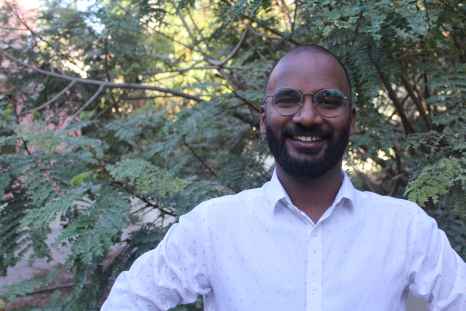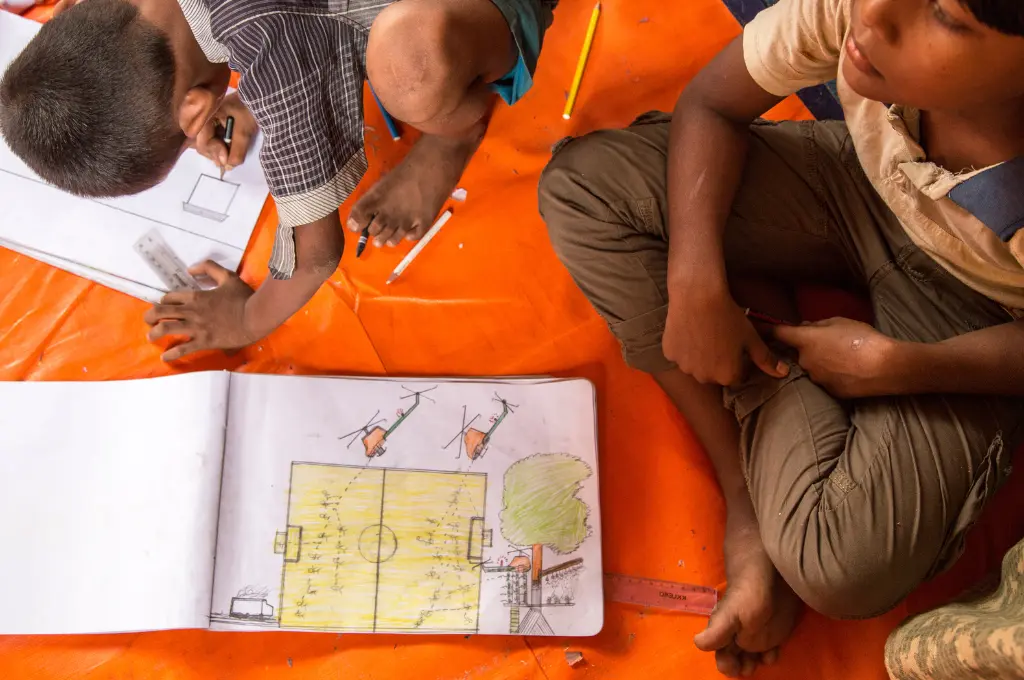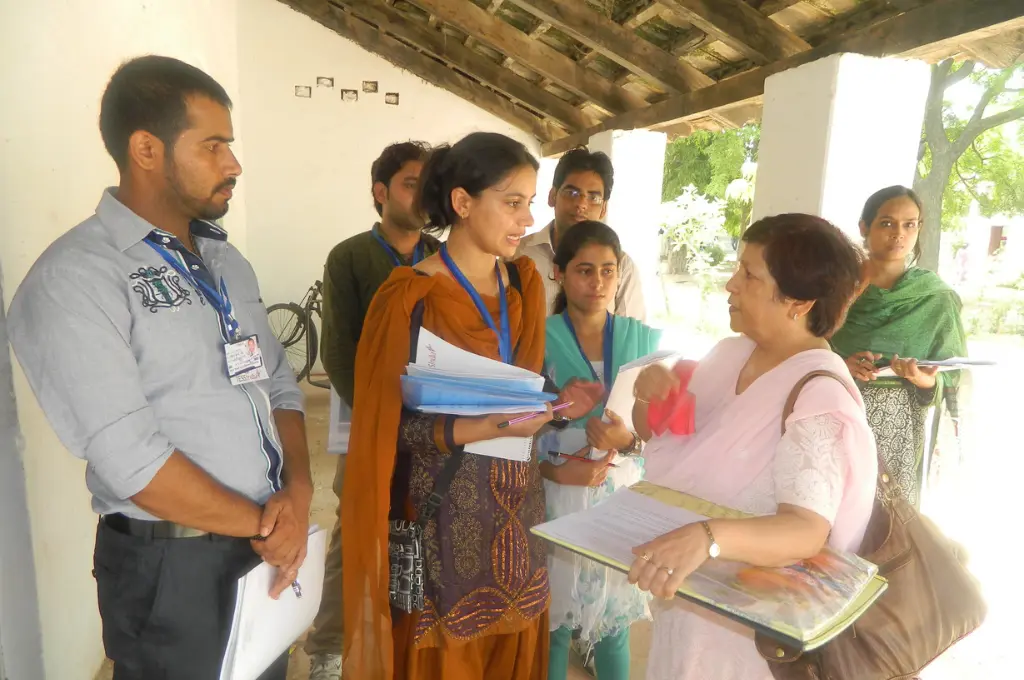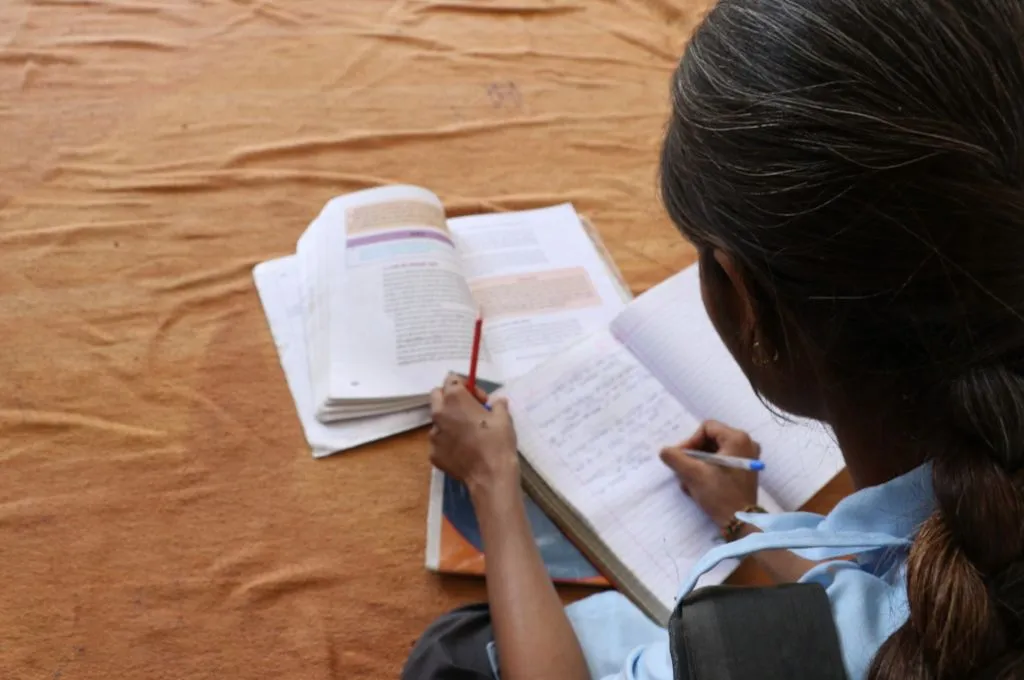This article is part of Failure Files, a special series conceived by India Development Review in partnership with Acumen Academy, where social change leaders chronicle their failures and lessons learnt.
I am the co-founder of Sukhibhava, a behaviour change focused organisation with a fundamental belief that ending the stigma around menstruation is the most sustainable way to make menstruation a non-issue. We started working on this in 2014, and after multiple pivots, landed on a convincing model in mid-2016. Once this model was validated in June 2017, there was immense pressure to scale it across regions.
In order to do this, we developed a concept note to run a fellowship programme, which garnered significant attention in a short period of time. It was a first of its kind fellowship programme. A leading sanitary pad manufacturer funded the fellowship pilot, and the results were impressive. They also promised to fund the fellowship. In October 2017, we launched applications and selected the best talent. Fifteen days before the fellows came onboard, we had a value-based conflict with the manufacturer. They expected us to promise and deliver on sanitary product conversion through our programme, and hence, the collaboration fell apart.
In that moment of desperation, we entered another partnership, this time with a philanthropic agency. It started on a collaborative note and we decided to implement the fellowship together. Since we had worked with them earlier, there was an assumed sense of trust in taking this journey forward together. We agreed to kickstart the project as we were promised that contracts would be signed and funds disbursed within a few weeks.
Soon after we began implementing the fellowship, the philanthropic partner suggested that we change the programme design entirely. In a span of two months, we went from being a small organisation in Bangalore aiming to work deeply in a few regions, to one that had expanded to six states across India. We went from working in Tier-I cities to rural parts of Rajasthan, Jharkhand, Karnataka, Gujarat, and Uttar Pradesh.
Related article: Five tips to manage your finances better
The 16 fellows who had signed up for an urban fellowship were suddenly expected to work in rural India, mid-way through their induction. Some of the fellows were placed with the collaborator’s partner organisations, and once they hit the ground, issues such as differences in work ethics and organisational values started to emerge. This, layered with the lack of safety and support systems in extremely rural parts of the country, led some of the fellows to develop mental health issues.
Whenever there was a difference of opinion or way of functioning, we were told that the collaboration would come to an end if we did not follow the collaborator’s structure. The power dynamics with the funder did not allow us to negotiate the communication and reporting structures, and even after six months, the funds were not disbursed. I was put in a place where I had to decide the fate of the fellowship. I could either choose to end it or make alternate arrangements from different sources to make it work.
Sixteen individuals had made difficult life choices to come on board, and my commitment to them forced me to borrow money from almost every friend and mentor to sustain the programme. I was also very scared to shut down the fellowship or change its structure because I was not confident enough to pull it off without the collaborator. I felt so lost that I could not take a step back and look at the means I was adopting to reach this end.
The partnership was marked by constant reinforcement of power and fear, and a number of issues including fund disbursement.
Overall, the partnership was marked by constant reinforcement of power and fear, and a number of issues including fund disbursement, cultural mismatch, and unrealistic demands. Ultimately, we became nothing but vendors, with no contracts, no official acknowledgement, and no control over our brainchild. My team did not have the capacity to manage and they were not paid for months, which led to physical, mental, and emotional distress in the organisation. Eventually, after following up multiple times, just before the end of the financial year, the funder said that they did not have permissions from their board and hence, they would not be able to process most of the payments.
The increasing loans, ambiguity, and toxic power dynamic made me question myself multiple times over the year. From being a confident risk-taker, I had become fearful of my own decisions. Even now, more than 14 months later, I catch myself being my own barrier, having to remind myself to not operate from a place of distrust. It has been an incredible test of persistence and resilience, with some takeaways for life:
I was too attached to the original plan, people, and partner. I was not ready to let go of any of them, and was paralysed by a fear of loss. I was unable to step back and realise that the journey is much longer. Though we eventually let go of the first funder, we avoided taking this hard decision until it was too late and we had been burnt. Now, I have learnt to keep the women and girls in the communities we work with at the centre, and comfortably say no to stakeholders who dilute our vision.
Whenever there was a difference of opinion or way of functioning, we were told that the collaboration would come to an end. | Picture courtesy: rawpixel
It is so beautiful to be surrounded by people who believe in you, even when you are at your lowest. I am absolutely grateful to have those people. I wouldn’t have survived without the community around me—people from Acumen, N/Core, and my own board, team, and fellows. The emotional, financial, and moral support I received from them made me redefine what a support system means. The unconventional work we do demands unconventional lifelines. How can we make conscious efforts to build communities for ourselves?
As the co-founder and CEO, there were many moments when I was unable to differentiate my needs from that of the organisation’s. There was a point when almost all my friends had loaned me money so that Sukhibhava could survive. I spent most of my time with my team; I was living and working out of the same space; the concept of personal finance did not exist; and I had no life beyond work. I truly believed the accountability for everything that was happening in the organisation was Dilip’s and not Sukhibhava’s. At the end, I was tired, broken, and burnt. After seeking professional help and giving myself time, I have learnt that it is a skill to differentiate the role from the person, and we don’t emphasise this enough.
Related article: Learning to be a better, braver leader
While so many things were falling apart, the team stuck together because we were aligned to Sukhibhava’s core values and vision. In spite of all the churn, 14 out of 16 fellows completed the fellowship programme and 7 out of 8 management team members stayed with the organisation through a very difficult phase. It was fascinating to see what a clear vision and a shared culture can do to a team. This phase validated our belief that ‘work doesn’t drive culture, culture drives work’.
We have decided that we will not start any programme without money in our accounts, and this has brought in a lot of stability in the organisation. As much as we believe in the potential of our work, we need to acknowledge that unless we feel secure, we won’t be able to deliver to the best of our capabilities.
In June 2019, we decided that we would scale down and pause for one year. We prioritised professional capacity building, self-care, and organisational readiness for scale. After 12 months of preparation, we were all set to scale in April 2020, when the global COVID-19 pandemic hit—forcing us to relook at everything we have been doing for six years. It has only been a few months, but I can already see a stark difference in how we are approaching and handling the situation, as compared to before. This time, I can say that we have survived and are ready to thrive.





